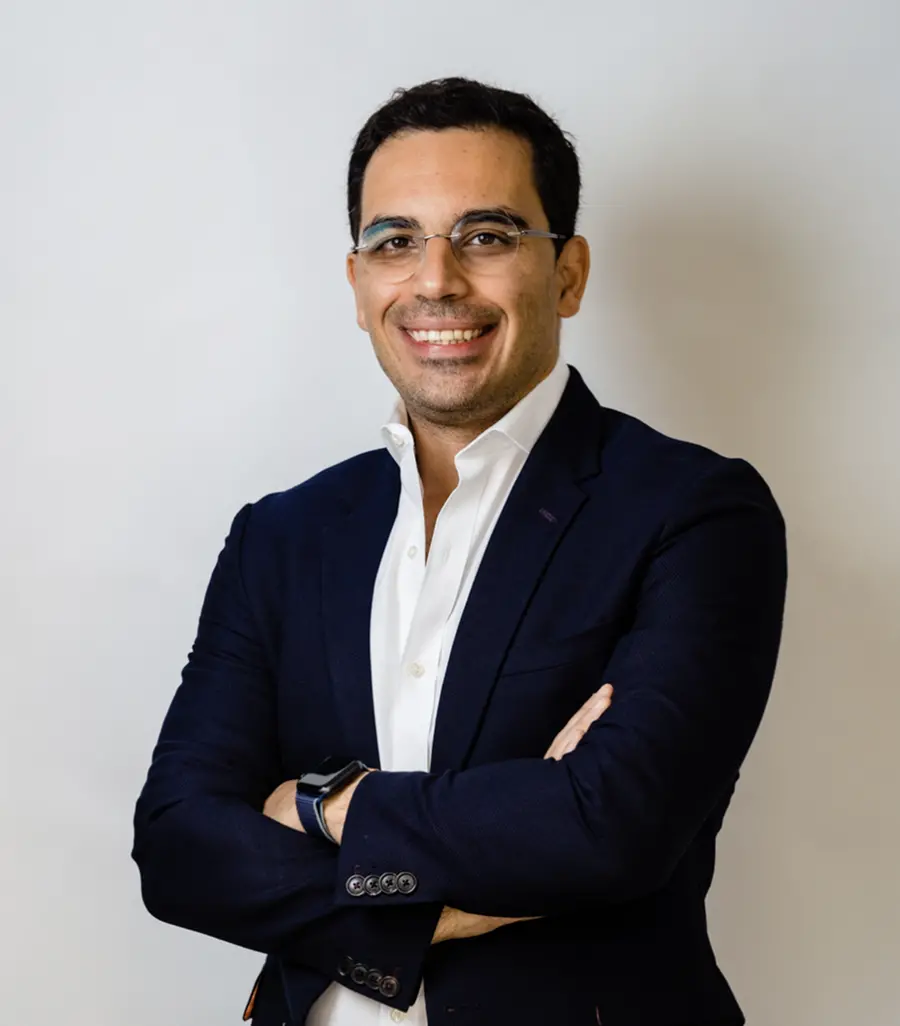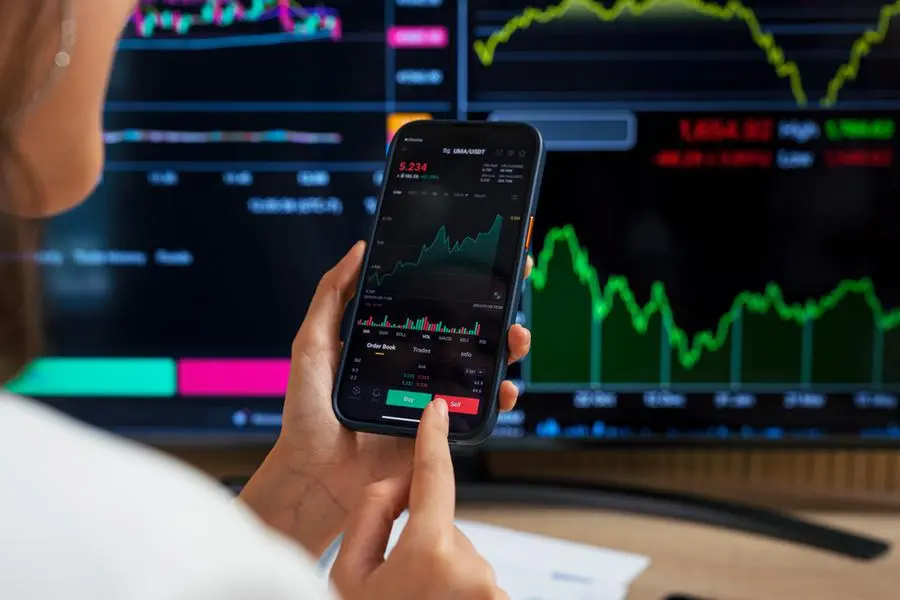PHOTO
Dubai-based venture capital firm Nuwa sees a need for businesses related to GCC capital market structure as well as companies that will enable the growth of the buy now, pay later (BNPL) sector in the coming years.
Khaled Talhouni, a managing partner at Nuwa, said the company is looking to make a deal every six weeks between now and the closing of its current fund, which is also its first. With $30 million left to deploy, Nuwa is likely to raise a new fund at the end of 2025.


The remit of the next fund is also likely to be expanded across multiple stages, as the current focus is on early stage, but there are opportunities at Series B or early Series B, he said.
For the immediate future, Talhouni said he expected to see an early-stage deal volume increase in the GCC in the next 6 to 12 months but a decrease in the later stage.
Since an interview with Zawya in January, Nuwa has completed up to 12 transactions, he said.
Entrepreneurs are now more reticent about funding rounds, he said, but recent key deals that are known publicly include a software as a service (SaaS) company, whose top talent is based in the GCC but serves the US market, and a capital market infrastructure company that will focus mainly on the Saudi Stock Exchange Tadawul.
There has been a shift towards founders being based in the region, he said, which emerged after COVID-19, with Dubai in particular attracting digital nomad talent and founders due to its quick recovery from the pandemic.
Other incentives include expanded visa options as well as ideological reasons, he said.
A similar effect has been occurring in Saudi Arabia, but the kingdom also offers opportunities to revolutionise the market due to the speed of change, he told Zawya.
The growth in size of Tadawul, which is large and growing larger even without state oil giant Saudi Aramco included, means there is a need for start-ups to work on building infrastructure around it, he said.
“It’s finally created a demand for different elements of capital markets start-ups: market making, algorithmic trading [and] know your customer (KYC), which is now viable.
“As the market continues to deepen, I think there will be more opportunities,” he said.
The combined growth of Tadawul and of the Dubai Financial Market (DFM) and Abu Dhabi Securities Exchange (ADX) will continue to provide opportunities for interesting new ideas in the start-up space, he said.
Following the success of buy-now-pay-later (BNPL) apps Tabby and Tamara, consumer credit will also be key, he said, not as additional lending options but in the sense of building software and businesses that address the growth in consumer credit.
Tabby and Tamara targeted bankable users rather than sub-prime borrowers, he said, filling a gap left by banks who were slow to move in the area of consumer credit.
“Someone has to work across the value chain, how to deal with credit scoring, how to deal with defaulting, how to do collection, how to securitise. There is a whole world that’s about to get unlocked now, on the back of consumer credit from the likes of Tabby, so that’s what we’re looking at: the second order of consumer credit,” he said.
One investment is in place already, he said, and as the segment grows, more providers will be needed.
(Reporting by Imogen Lillywhite; editing by Seban Scaria)




















